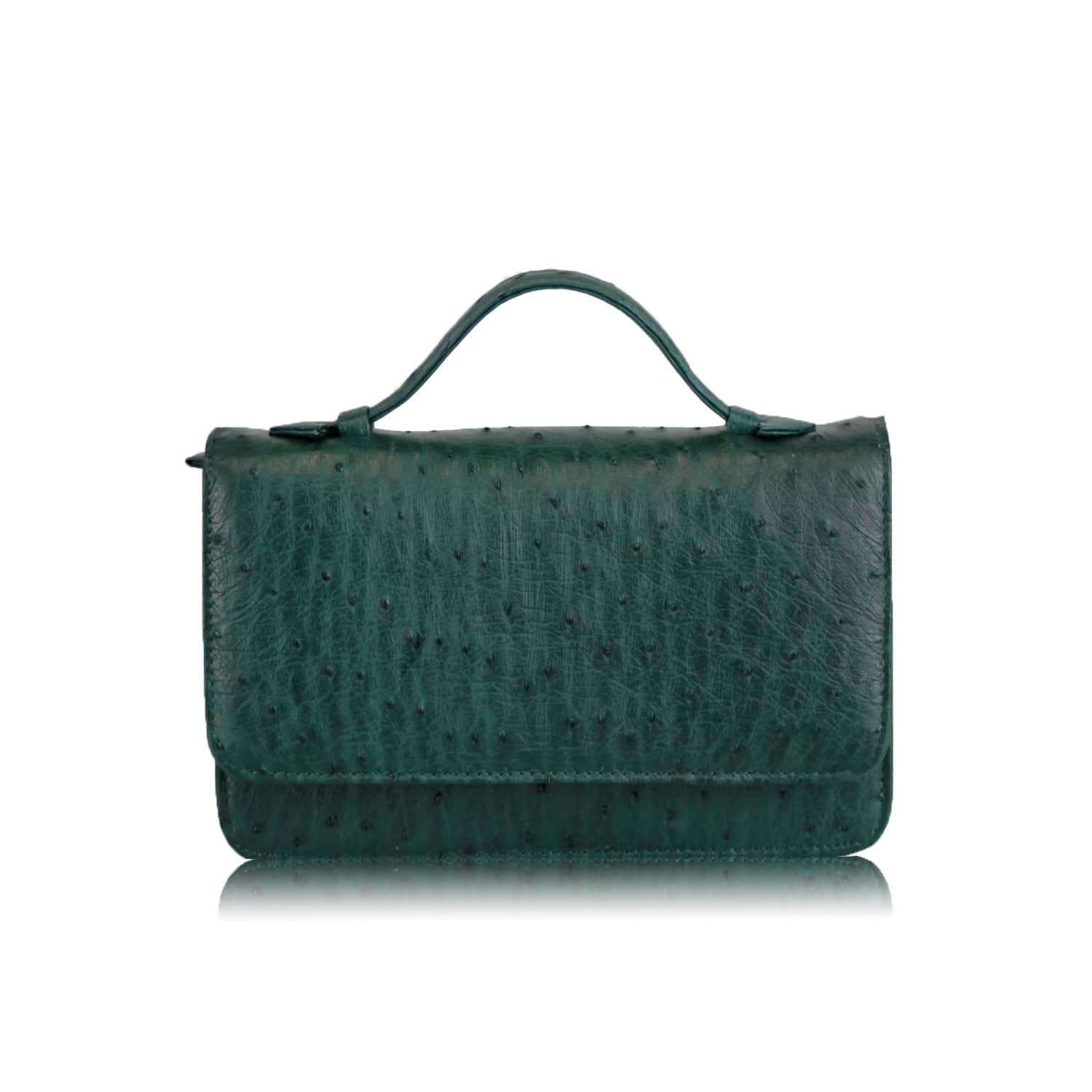In recent years, the fashion industry has come under scrutiny for its impact on the environment and its treatment of garment workers in developing countries. As a result, there has been a growing movement towards sustainability and fair trade practices, with consumers increasingly demanding transparency and accountability from the brands they buy from.

One region that has seen particular growth in sustainable and fair trade fashion is Africa. Despite being home to some of the world's most renowned textile artisans and designers, Africa has long been overlooked by the global fashion industry. However, in recent years, a new generation of entrepreneurs has emerged, determined to put African fashion on the map while prioritizing ethical and environmentally-friendly practices.
One such entrepreneur is the founder of AFRICLIFE, an e-commerce company that focuses on cross-border trade, domestic e-commerce, and self-built e-commerce platforms for online marketing. AFRICLIFE is passionate about promoting sustainable and fair trade fashion in Africa, partnering with local artisans and producers to create high-quality, unique products.
One of AFRICLIFE's latest collections is their range of Springbok, Feather, and Ostrich Leather Clutch Bags, which are beautifully hand-made from the finest Ostrich leather, Ostrich Feathers, and Springbok. The collection is made in South Africa from the finest materials, supporting fair trade practices and making a positive impact on local communities.
The importance of fair trade and sustainability in the fashion industry is crucial. It means that the artisans and workers who create the products receive a fair wage while working in safe and ethical conditions. It also ensures that the materials used to create the products are sourced responsibly and that the production process has minimal impact on the environment.
Africa has long been a source of inspiration for designers, drawing on the rich cultural heritage and diverse landscapes that characterize the continent. However, until recently, African designers have struggled to gain recognition for their work, with many being exploited by international brands who take their ideas without giving proper credit or compensation.
The emergence of brands such as AFRICLIFE has brought a much-needed change to the African fashion industry, enabling local designers and artisans to showcase their work to a global market while ensuring that they are paid fairly for their talents. By prioritizing sustainability and ethical practices, these brands are making a positive impact on the environment and society, supporting communities and promoting a more transparent and accountable fashion industry.
In conclusion, the rise of sustainable and fair trade fashion in Africa is a welcome development, promoting ethical and environmentally-friendly practices while empowering local communities and artisans. Brands like AFRICLIFE are leading the way, demonstrating that fashion can be beautiful, unique, and ethical while supporting sustainable development in Africa. As consumers, it is important that we support these brands and demand transparency and accountability from the fashion industry, ensuring that our clothes are not only stylish but also sustainable and ethical.